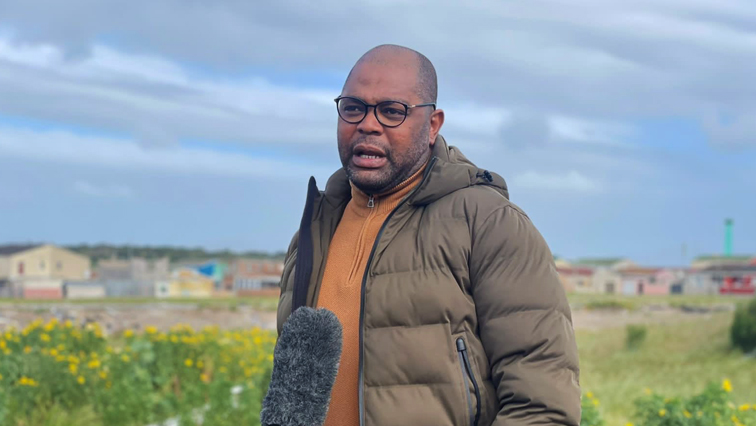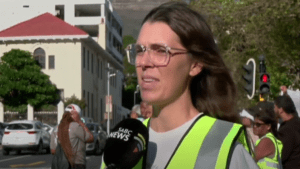The City of Cape Town says its housing projects have been severely impacted by a surge in gang violence, extortion rackets, sabotage and theft.
City’s Mayoral Committee Member for Human Settlements Malusi Booi says the city will be spending R143 million for private security on some of these empty pieces of land – money that could have been used to build more houses, in a city with a backlog of about 300 000 units.
The Human Settlements Directorate says it has spent more than R131 million over the past two years on housing projects affected by growing trends of criminality.
The City says some disruptions have been violent and resulted in the loss of life, injury and damage to property.
In Mitchells Plain, the construction of 1 800 units at Beacon Valley has been delayed. It’s the same for over 400 housing units at Backstage and 7 000 others at Monwabisi Park in Khayelitsha.
The city says land grabs, extortion and gangsterism have delayed these projects, saying it’s the same type of criminality targetting the human settlement sector in several areas of the city.
Housing projects derailed by vandalism and land grabs in Cape Town:
Booi says in some instances developers have pulled out as extortionists take hold.
“About two years ago we were supposed to start with civil work so that in the next year which is 2022 we can be able to start with the top structures of 1800 units, it’s a city-wide problem and we have now invested more than R143 million in making sure we secure these cities across the city, it’s not only invasions that have deterred many projects,” says Booi.
The city says it has its sights set on particular suspects.
Booi added: “These invasions, some of them are orchestrated by people whom we believe are doing shack farming, meaning people are taking rent from people, they put up structures and its people with a lot of money because they put up quite a number of structures and then they rent them out to those vulnerable members of the community and now they are making a business out of it, but we are dealing with it,” says Booi.
Over the past two years, the @CityofCT Human Settlements Directorate has experienced many criminal disruptions at key housing projects. There is a worrying increase in the trend, which has already cost the City more than R131M in the 2020/21 financial year. #SABCNews pic.twitter.com/o0fcFQTsHG
— Malusi Booi (@MalusiBooi) September 20, 2021






